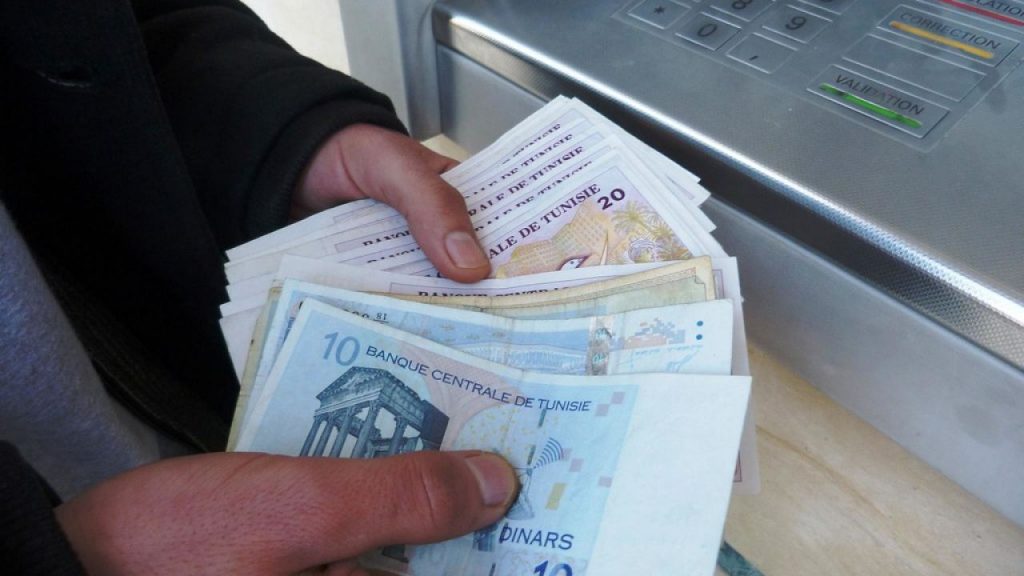
As inflation continues to rise in Tunisia, prominent economist Larbi Benbouhali has issued a stark warning about the potential depreciation of the Tunisian dinar.
Benbouhali, a director at an investment bank in Australia, cautioned that the currency’s value could continue to decline if urgent steps are not taken to stabilize the economy.
His remarks come amid growing concerns over the country’s rising cost of living and an economy increasingly misaligned with key regional currencies.
Benbouhali, in an analysis shared on his Facebook page, highlighted the widening gap between Tunisia’s inflation rate and those of its regional trading partners.
According to the latest data from the National Institute of Statistics (INS), inflation in Tunisia reached 5.5% during the first nine months of 2025.
However, Benbouhali argues that this figure conceals a far steeper rise in the actual cost of living. Essential items such as agricultural products have soared by 13.6%, while clothing prices have risen by 9.5%, and banking and insurance services have gone up by 8.2%.
The economist stressed that a key driver of this price surge is the inefficiency of distribution channels, with too many intermediaries contributing to inflated prices for consumers.
He also pointed out that despite the stock market’s impressive 21% growth this year, much of the inflationary pressure is being felt in everyday life.
This has compounded Tunisia’s economic struggles, as wages remain stagnant, with the minimum wage only increasing by 2.6% — a stark contrast to the skyrocketing living costs.
Benbouhali also voiced criticism of the Central Bank of Tunisia (BCT), particularly its decision to maintain a key interest rate of 7.5%.
He argued that the current monetary policy is stifling consumption without adequately addressing inflationary pressures.
In his view, the increase in tax revenues by 12% in 2025 has placed an undue burden on businesses, further hindering economic growth and investment.
The situation is further complicated by Tunisia’s significant inflation gap compared to its neighbors: Europe (2%), Libya (1.8%), Algeria (3.7%), and Morocco (2.2%).
Benbouhali warned that this discrepancy is exacerbating the depreciation of the dinar and fueling “imported inflation,” particularly given Tunisia’s heavy reliance on food and energy imports.
To mitigate the crisis, Benbouhali recommended a series of measures, including the Central Bank’s buyback of the debt held by the Office des Céréales (Office of Grains) and the provision of low-interest loans to key sectors such as agriculture and energy.
Additionally, he called for a reduction in corporate taxes and an increase in support for exports to neighboring countries like Libya and Algeria.
As Tunisia grapples with these economic challenges, the government’s response and its ability to balance monetary policy with economic growth will be crucial in stabilizing the dinar and addressing the growing concerns of the Tunisian population.



